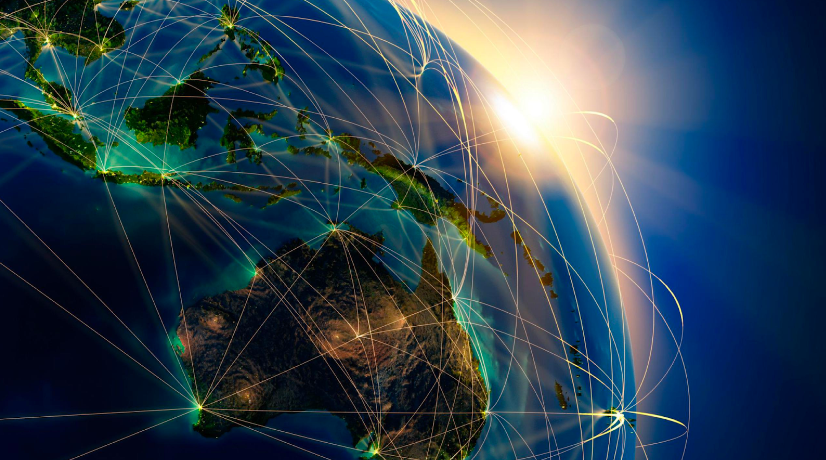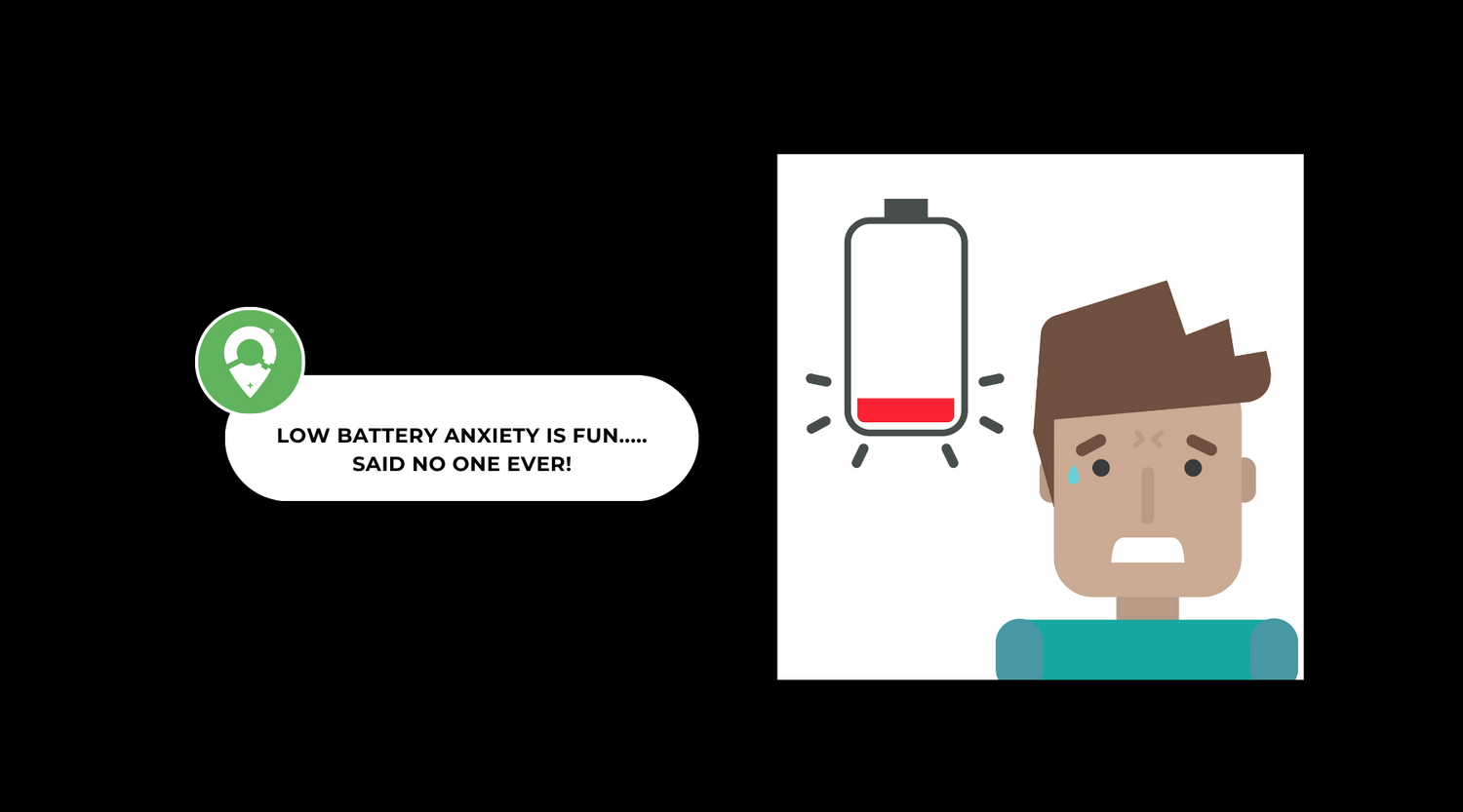There's a real buzz in the tech world right now about the latest version of ‘the internet’...did we even know the internet had versions?! Don’t we just switch on our computers and phones and the internet simply exists?
That’s what we’re sure many of us have thought over the years, but with ‘Web 3’ (The third iteration of the internet) on the horizon, many of us are waking up to what the internet ACTUALLY is, how its evolved and what the latest development means for the future of the World Wide Web.

How it all began…
Back in 1989, Tim Berners-Lee invented the ‘World Wide Web’, the first commercial idea of what we see the internet as today. Prior to this the military were able to use computers to talk to each other but this was the first advancement that was available for mainstream use. Back in 1990, we needed to use a dial-up connection in order to ‘surf the web’, which was slow and unreliable and actually made using the internet frustrating. The introduction of fast connectivity in the early 2000’s was where we saw the real possibilities of what the internet allowed us to do. The early 90’s was when we were first introduced to ‘broadband’, a way to connect to the internet without using a dial-up connection. Speeds were improved and we were no longer having to choose between chatting on the phone and browsing online. This was the first introduction to Web 2.0 - the second generation of the internet.

Web 2.0
Following the boom of broadband, 2004 saw the second iteration of the internet. It was clear that the internet needed to evolve with our insatiable appetite for instant access - we now had the ability to talk, take payments, connect and play games online and we got greedy. No longer satisfied with slow connection, we had started to build our lives online and needed a speed that could keep up with us. Faster connectivity gave us the ability to see things in real time and Web 2.0 pushed this even further. We were now able to track our Uber drivers, order clothes online, build communities on Facebook, FaceTime our friends and share selfies on Instagram.
With all of these advances in technology, and little regulation, it meant that our data was being shared with huge tech giants and companies that then had a copy of our digital presence.
Over the past decade we have become more and more reliant on the internet, especially during the pandemic where our reliance on the internet has increased ten-fold; we use it to work, to learn, to buy, to connect - the internet has become a huge staple of our everyday lives but with increased usage - we also open ourselves up to cybercrime, hacking, and cyber fraud.

Enter Web 3
The latest iteration of the internet is currently being developed and tested based on ‘Blockchain technology’, Artificial Intelligence and Virtual/Augmented reality.
In a world where the internet has evolved to allow us to train computers to take on human actions, create new worlds that combine reality and fiction, and in a place where everything we do is programmed through our technology and apps - we need an internet that supports and protects the world we live in today.
In theory, Web 3 will allow us to have an even more interactive experience online than ever before whilst also ensuring our data and digital presence is stored in our hands, as opposed to the large tech giants.
What are the key features of Web3:
- Blockchain is a technology that scrambles and encrypts to prevent your data from being hacked or stolen meaning that your data is more secure.
- Artificial Intelligence is a computer or robot doing something that a human would typically do. Before, a computer could only do something you tell it to do, it wasn’t intuitive like humans, but what ‘artificial intelligence’ does is enable machines to learn from their actions and take on new behaviours as a result. Siri on your iPhone is the perfect example of Artificial Intelligence in play or Alexa on your Amazon devices.
- Augmented/virtual reality is where technology puts computer-generated images into the real world - we have seen this in gaming but we are seeing this pop up more and more in our daily lives (such as seeing if a sofa fits in your living room using a phone camera).
Why is that important?
Every time we do something on the internet from buying clothes, to posting on Facebook or using our online banking, our data is being stored by tech giants such as Meta, Google or Amazon and as such, we no longer have control of our data. The companies that have a copy of our data then have control of that information; they know how long we are online each day, they know our interests and are subliminally able to influence and control our behaviours as a result. The benefit of Web3 is that by using Blockchain technology (technology that scrambles and codes data to prevent breaches and hacks), it means that our data is safer than on all previous versions of the ‘World Wide Web’ that have existed previously.
When will Web 3 be here?
It's likely to be a few years before we see this come into fruition but Web 3 has already got some huge investors on board and tech companies are already building apps and platforms that support this new type of technology. The exact future of Web3 is uncertain, but what we do know is that the internet has enabled our small mobile device to carry more tech in them than it took Apollo 11 to get Neil Armstrong safely to the moon and with so many investors backing this latest venture - its safe to say that we’re in for a world of new virtual possibilities.





